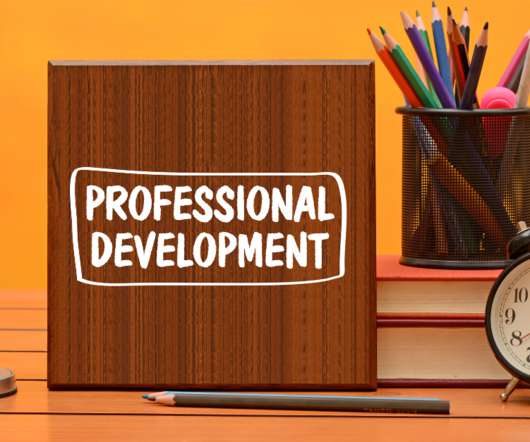Best Professional Development Tools for Teachers
Educational Technology and Mobile Learning
JANUARY 2, 2023
Today we are sharing with you some web tools to help you grow professionally. Free eBooks and Audiobooks To grow professionally you definitely need to invest time and effort in learning new skills and competencies besides enriching your the knowledge base of your content area with new insights and state of the art research.















Let's personalize your content